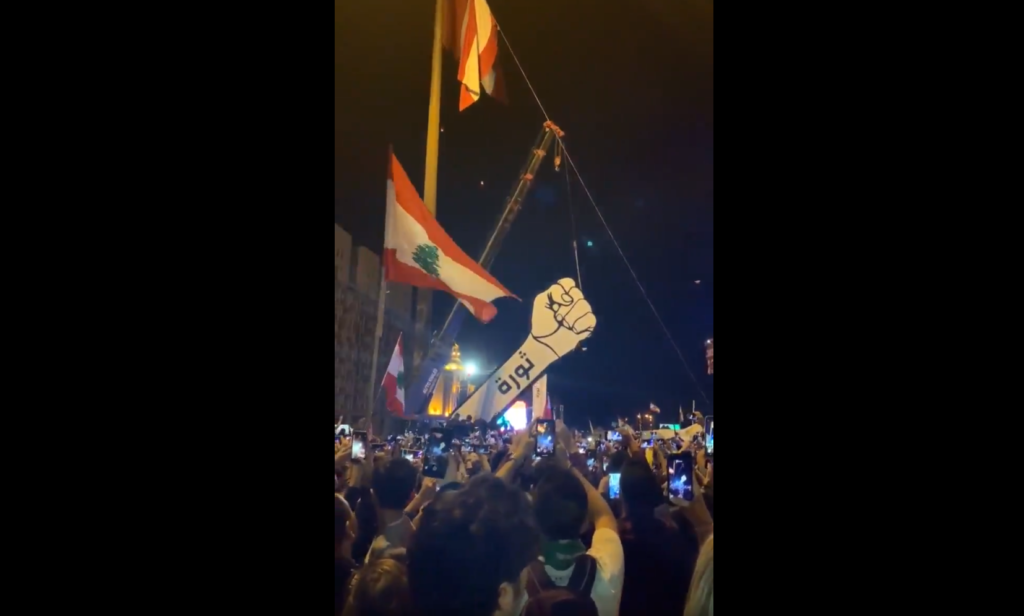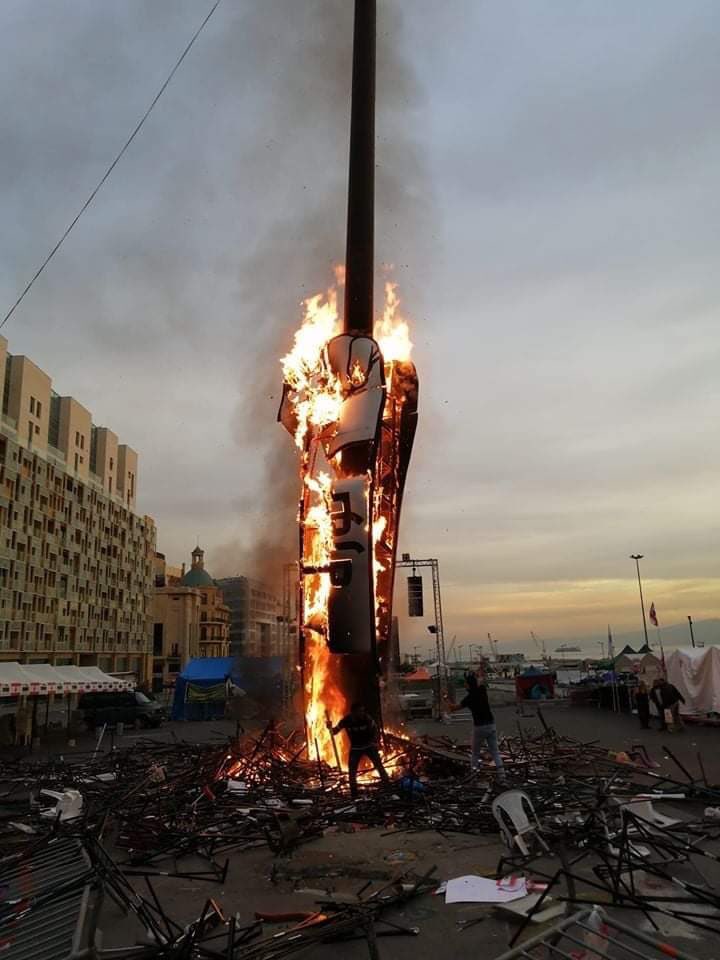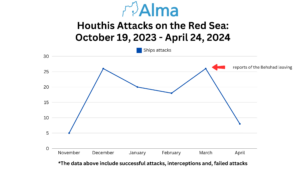The 76th anniversary of Lebanon’s independence (22 November 2019) was celebrated this year in the shadow of popular protest against the political and economic situation in the country.
This year’s Lebanese Independence Day was characterized by an upscale of civilian events, as opposed to previous independence days in Lebanon in which the main and prominent event was a military parade. This year the military parade took on a more modest and symbolic portion of the parade, consisting only of a marching procession without the participation of military vehicles and so forth.
The government did not organize these events; civilians organized these civic happenings in a popular and spontaneous manner, mostly in major cities such as Beirut, Tripoli, Baalbek and Sidon.
These events, characterized by rallies in the main squares and popular marches represented diverse population groups.
This year’s Independence Day, it seems, did not merely signify and symbolize the formal Lebanese national independence. It symbolized and marked the narrative generating the protests, and as such has portrayed the true desire of all Lebanese people in all sectors and diversities who wish to be liberated from a corrupt government and political system based on religious and ethnic divisions and which has been taken over by state institutions and economy.
It is for good reason, that those who have something to fear and who feel threatened by the month old ongoing protests, set fire to the symbol of the protest during Independence Day; a statue in the shape of an arm with a clenched-fist bearing the slogan “revolution” that had been erected in Alshda’a Square in Beirut…
For the time being, the protest organizers have raised a new and upgraded monument. Yet, as we published earlier in our article: “Is Hezbollah’s Patience Wearing Thin?”, the protestors still face Hezbollah who is beginning to lose its patience with the ongoing protests. Hezbollah will do anything to preserve its interest, as well as serve the interest of its Iranian boss.







